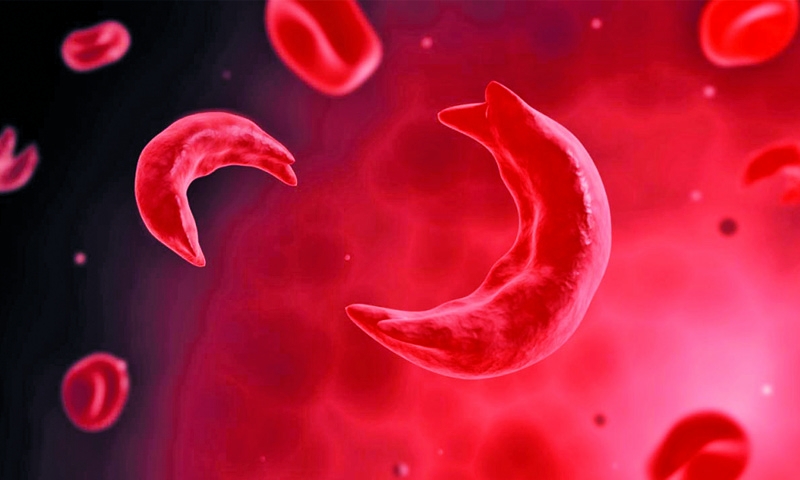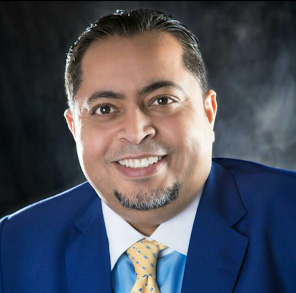Fighting sickle cell
Manama : Bahrain, according to a top expert here, has the right blend of expertise, passion and has the huge potential of becoming a medical-hub in the region, especially when it comes to sickle cell treatment. According to Zakareya Al Kadhem, a leading Bahraini expert and activist and the President of Bahrain Society for Sickle Cell and Anaemia, Bahrain has the right kind of expertise and familiarity to ease the sufferings of sickle cell patients around the globe.
Al Kadhem, however, cautioned that there are areas in which the Kingdom need improvement while highlighting the advantages the Island nation had to Tribune. Bahrain, he said, has ample experience in sickle cell treatment as it also houses a comparatively larger patient population when compared to that in other countries around the globe.
“In many western countries, sickle cell is rare, hence doctors and the hospital staff there don’t have the expertise to deal with the condition,” he said. This, according to him, gives the Bahraini medical professionals an edge in the field as in most other countries doctors rarely encounter such patients.
My brother took treatment here ….
Sharing a personal story, he recalled how his brother, opted to undergo a surgery in Bahrain despite having had the option to go to Germany for the procedure at no extra cost. Al Kadhem’s brother suffers from Sickle cell anaemia and needed a surgery to remove his spleen.
“About two years ago, my brother needed an urgent surgery to remove his spleen. “For a normal person, the spleen should weigh around 300 grams, but for him, it was like 5 kilograms. “I was given an option to send him to Germany at no additional cost. “However, I decided that Bahrain is better for him. “Am I saying that medical care in Bahrain is better than in Germany? It’s not because Bahrain is more advanced in medicine or technology. Germany is more advanced when it comes to offering better ICU facilities, accessories, and more. “What we have in Bahrain is surgeons who know how to deal with the disease, ICU team who knows sickle cell patients, staff who understand us, this is not available in Germany,” he told Tribune.
Share Bahrain model
The time has come around for Bahrain to share its experience with the world. The steps taken here to build medical tourism project could benefit us as well as sickle cell sufferers around the world.
“This is our advantage, we have it and we can now build on it,” Al Kadhem said.
Citing statistics, he told Tribune that there are around a million and a half sickle cell patients in the Gulf region alone, while that number shoots up to 127 million when we look at the total patient population all over the world.
“Bahrain can change their destiny. We have done a lot in terms of studies and most importantly have the experience which we can share it to the world
“In the Gulf, almost 5 per cent of the population are suffering from sickle cell. Our government is spending a lot to support them not only with medical assistance but also in terms of retirement, employment, social serve etc. We can be a model for other countries.”
Challenges at home
According to Al Kadhem, Bahrain does have some challenges to overcome, in this sector, especially when it comes to requirements including manpower to meet the demands of the growing number of sickle cell sufferers. “Despite all our strengths, we have our hurdles. The most important being lack of doctors. I would say the shortage is not limited to sickle cell treatment, it’s in other areas too,” he said. “This is an issue which the Ministry of health needs to work hard to tackle, I believe they are already on it.”
The solution, according to him, lies in the medical assurance project that is coming up, but cautioned that the shortage of doctors will be a stumbling block for this. Al Kadhem, however, said he is optimistic. “Things look positive. The Ministry has started recruiting and is filling up gaps. “I have faith in this, it looks to be in good hands.”
Related Posts


